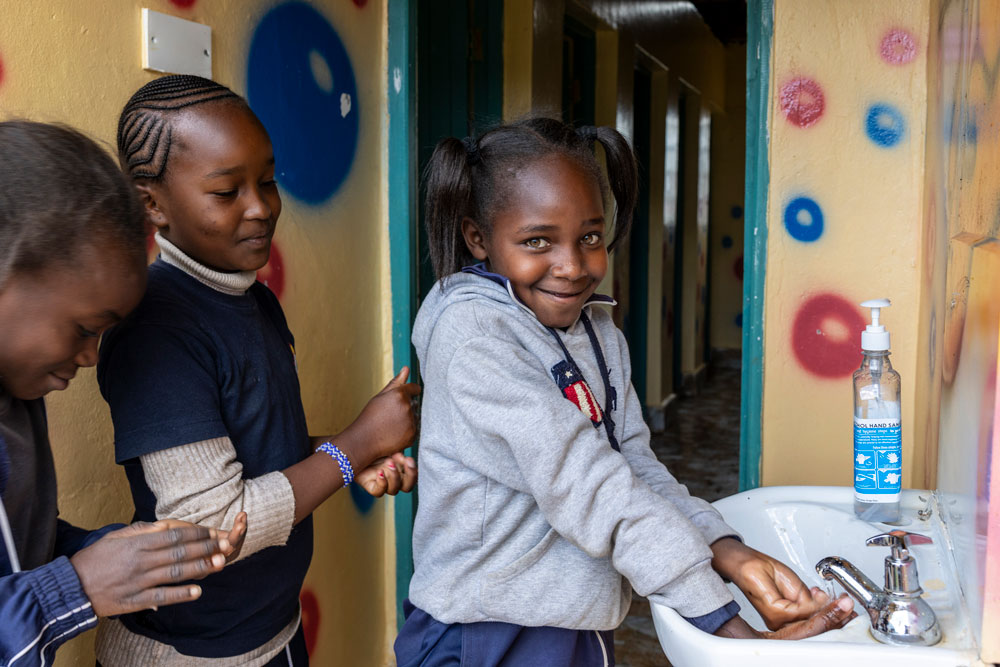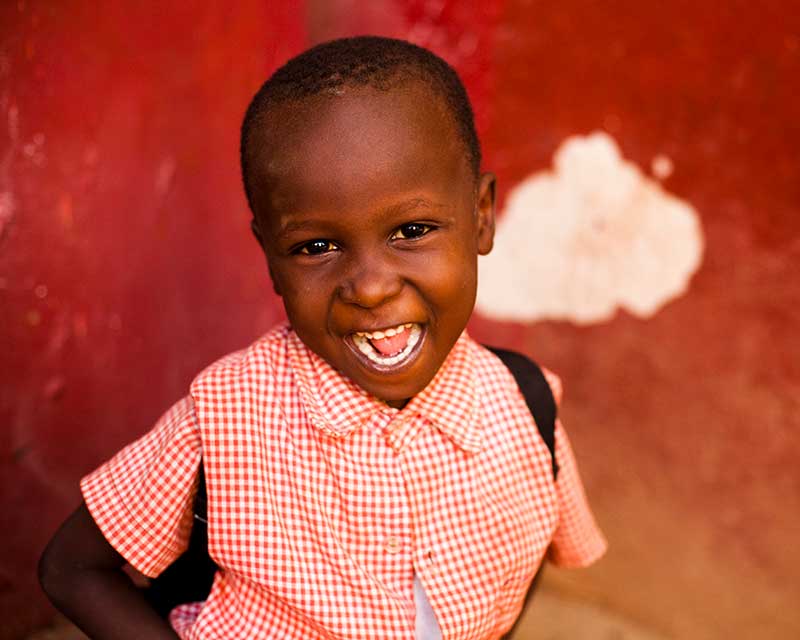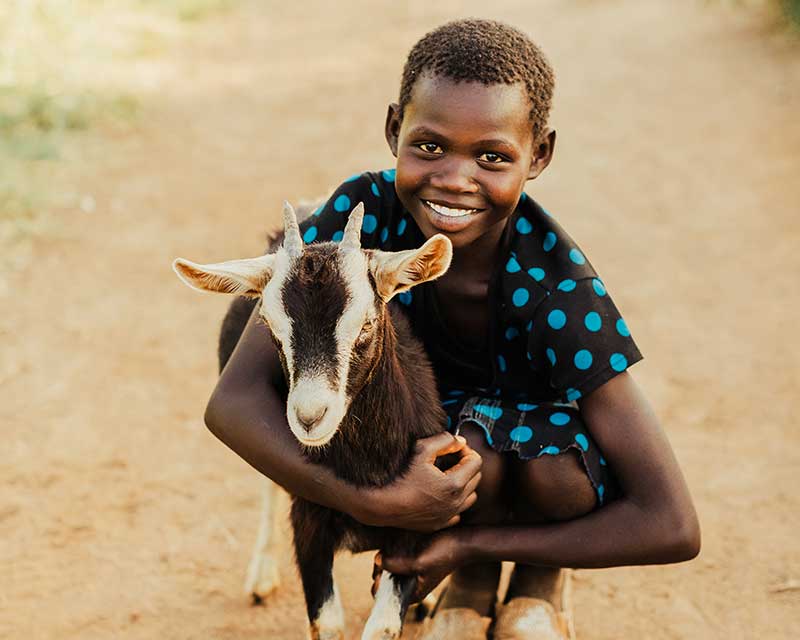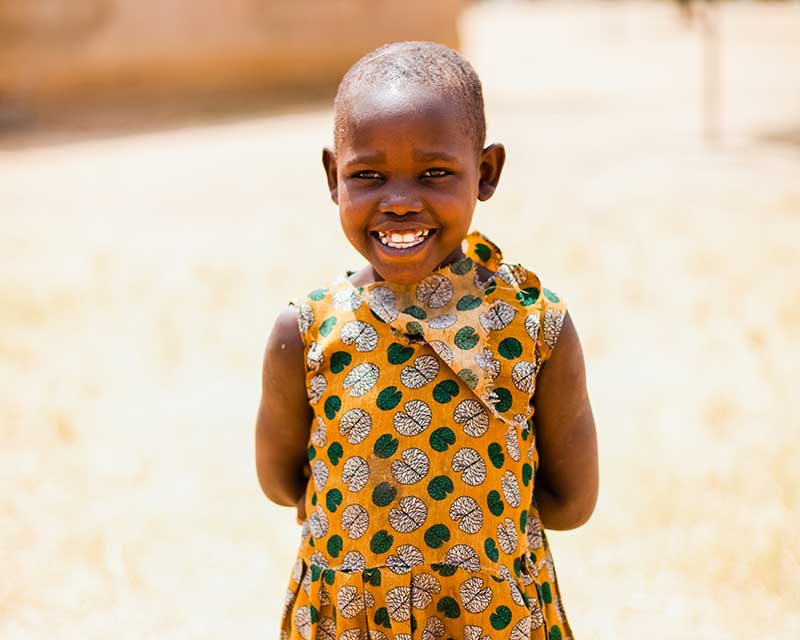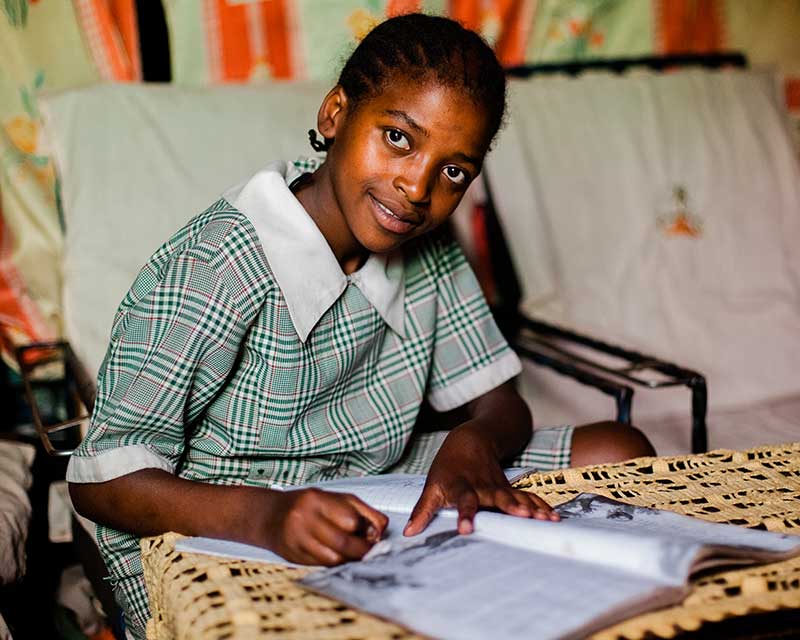Kenya is in East Africa and encompasses wild safaris, lakes, mountain highlands and the dramatic Great Rift Valley. The nomadic Maasai community live in rural Southern Kenya and are easily recognised by their incredible red clothing and beaded jewellery. In urban areas, Kenya is a leader in technology and innovation in Africa.
Prior to the COVID-19 pandemic and the onset of the global food crisis, Kenya's poverty rate was steadily falling. But most communities depend on small-scale agriculture for their livelihoods, meaning drought, rising food costs and other serious weather events can quickly plunge millions back into poverty.
A lack of adequate medical care still affects many rural areas, and families are often forced to walk long distances to receive help. The spread of HIV/AIDS is a major concern. Currently, 1.5 million people in Kenya are living with HIV/AIDS—the fourth-largest epidemic in the word—and 28,000 die every year as a result of the disease.
Additionally, over one-fifth of women between the ages of 15 and 49 have been subjected to female genital mutilation (FGM)—again, these figures are among the highest in the world—though the practice has significantly declined in recent years.
In the past decade, Kenya’s relationship with neighbouring Somalia has been fraught. Ongoing violence involving al-Shabaab, a Somali-based Islamist extremist group, continues to this day.
Our local church partners remain committed to caring for vulnerable children in their communities and meeting their holistic needs so they can rise above poverty.
READ MOREkeyboard_arrow_down
READ LESSkeyboard_arrow_up
